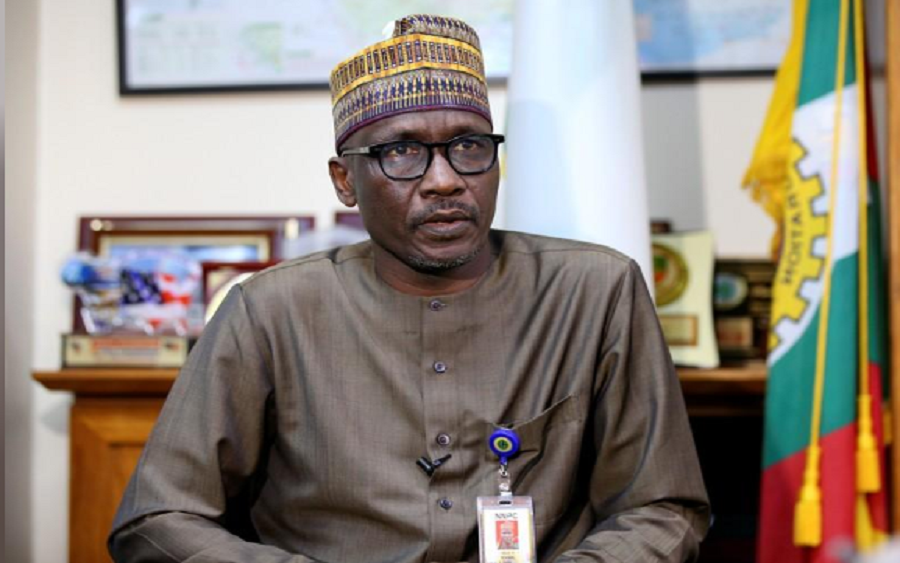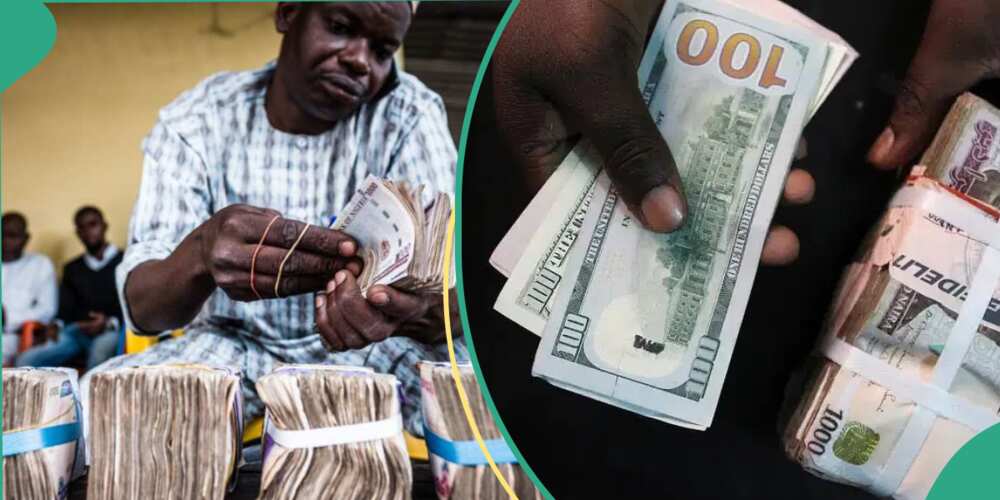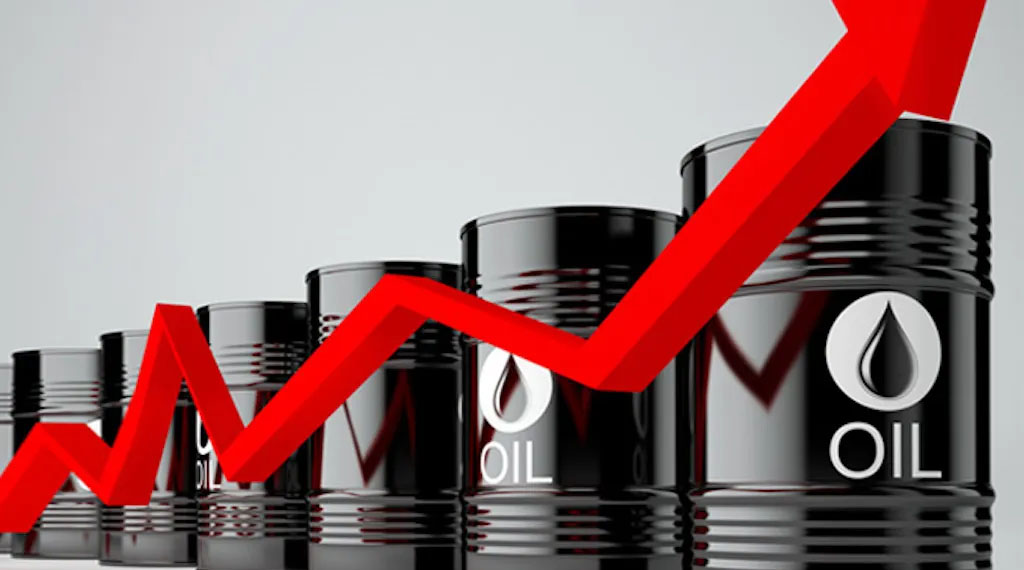Business
NNPC says no petrol price increase in May, subsidy continues

The Federal Government will continue to pay fuel subsidy as the Nigerian National Petroleum Corporation has said it will not increase the ex-depot price of petrol in May.
Group Managing Director of the NNPC, Mele Kyari, disclosed this on Monday on the company’s social media post during a meeting he held with the National Association of Road Transport Owners/Petroleum Tanker Drivers.
Kyari had last month disclosed that the current market price of petrol had risen to N234 per litre, far above the average pump price of N163 per litre across petrol stations in the country.
Tanker drivers had on March 29 issued notice of industrial action, citing poor remuneration and other hardship as reasons for their action.
Kayri said, “We want to inform oil marketing companies that the NNPC will not increase the pump price of PMS in May. I am giving the assurance and I ask Nigerians to go about their normal businesses; we have over 20 billion litres of petrol in our custody.
“Many of you are aware of this and with the assurance with tanker drivers and NUPENG, there is no need for panic buying of the product. Petrol will be available in all the depots in the country including NNPC dispatched depot across the country, so nobody should panic in buying the product.”
Speaking on the on the strike by the PTD, the NNPC boss said the strike was associated with NARTO’s inability to increase their compensation which was not resolved last week.
He said, “We have given commitment to both NARTO and PTD that we will resolve the issue within a week and come back to the table to have a total closure on the issue.
“We also have a robust engagement with our oil marketing partners in respect of increase in the volume product that is check in the Nigerian market. “We have agreed to work jointly with all the security agencies to contain any possible infractions seen in our borders. We will work as a team to curtail this fraudulent practice with the help of the security agencies.”
He explained that the meeting also discussed issues on payment by Petroleum Equalisation Fund (PEF) to oil marketing companies.
He said that all stakeholders agreed in making the PMS available to marketers.
Speaking at the end of the meeting, NARTO President, Alhaji Yusuf Othman, commended the NNPC for the intervention and assured that within the next seven days, things will normalise in the adjustment of allowances of PTD.
He said, “NARTO requested that they bring three persons so that we discuss the issues but that would not have been possible without this intervention. “We hope that within the next seven days things will normalize and I want to assure Nigerians that we are committed to it.”
Business
Naira records five-month highest gain, sells below N1000/$ at parallel market

Naira records five-month highest gain, sells below N1000/$ at parallel market
The naira continued its positive showing against the United States dollar on Monday, selling below N1000/$ in some segments of the parallel market.
Newstrends reports that the Federal Government, groups and some individuals have mounted a spirited campaign for those hoarding the dollars to push them out as naira continues to appreciate.
On Monday, the naira was offered in some parts of Lagos and Abuja between N995 and N1,050 per dollar in the parallel market. It was N1,230/$ on Friday.
The latest gain, being over five-month highs, came in the wake of the Iranian attack on Israel and a rise in the crude oil price.
Goldman Sachs, American investment bank economists, had earlier predicted that the naira’s bullish momentum on the foreign exchange market would likely cause it to trade for less than N1,000 per US dollar in the coming months.
According to a report by Nairametrics, the group claimed that the rally in Nigerian currency helped recover from large losses after two devaluations since last June by being bolstered by capital inflows and successive interest rate hikes.
In March, Goldman Sachs projected that the Naira would appreciate to N1,200 per dollar in 2024.
At the official foreign exchange market, the rate was put at N1,136/$ in contrast with N1,205/$ last Friday.
The top bank has implemented several policy initiatives in recent months to bring stability to the foreign exchange market.
The CBN increased interest rates to 24.75% at the most recent meeting of the Monetary Policy Committee (MPC), which helped it recover losses from the two devaluations that occurred since June of last year.
Further gains for the naira result from the CBN’s ongoing intervention, which involves selling foreign exchange to Bureau De Change operators at a revised rate.
The market anticipates higher inflows of US dollars from the sale of foreign currency bonds in the second quarter as disclosed by Finance Minister Wale Edun.
The Federal Government has just offered high-yield short-term debt products at a premium to entice overseas capital into the economy.
The Middle East’s geopolitical unrest and
Notwithstanding a drop in Nigeria’s production volume, crude oil prices have risen beyond $90.
Nigerian grades of oil are trading at a premium to the ICE Brent benchmark.
The Middle East’s geopolitical unrest and the anticipation of an Iranian government strike on Israel caused oil prices to soar.
Business
Breaking: Nigeria’s inflation rises to 33.2%, says NBS

Breaking: Nigeria’s inflation rises to 33.2%, says NBS
The National Bureau of Statistics (NBS) says the nation’s inflation rate rose to 33.2 per cent for the month of March 2024.
This represents a 1.5 per cent increase over 32.7 per cent recorded in February 2024.
The NBS disclosed this in a new report released on Monday.
It explained that the rise was primarily due to higher costs of food, beverages, energy, and housing. Compared to February 2024, the inflation rate in March increased at a slower pace, with food inflation reaching 40.01% year-on-year.
NBS attributed the spike in food prices to the rising costs of items like garri, millet, yam tubers, and others. On a month-on-month basis, food inflation slightly decreased to 3.62% in March 2024.
Urban inflation also increased to 35.18% year-on-year in March 2024, while rural inflation stood at 31.45%.
Core inflation, which excludes volatile agricultural products and energy, was 25.90% year-on-year in March 2024.
Overall, the rising cost of living in Nigeria is evident in the significant increase in inflation rates across different categories.
It is crucial for policymakers to address these challenges to alleviate the financial burden on the population.
Business
Nigeria’s oil production drops by 2.8 million barrels in one month

Nigeria’s oil production drops by 2.8 million barrels in one month
The Nigeria Upstream Petroleum Regulatory Commission (NUPRC) has confirmed the data released by the Organisation of Petroleum Exporting Countries (OPEC), indicating a consecutive decline in Nigeria’s oil production for the second month in a row.
According to NUPRC reports, crude drilling operations in March saw a notable decrease, with production dropping from 1.42 million barrels per day (bpd) in January to 1.23 million bpd in March, marking a significant loss of approximately 2.8 million barrels over the month.
Minister of State for Petroleum Resources (Oil), Senator Heineken Lokpobiri, acknowledged the declining trend, attributing it to issues on the Trans Niger Pipeline (TNP) and maintenance activities by oil companies in Nigeria during the period.
READ ALSO:
- Army kills terrorists invading Kaduna with arms, ammunition
- El-Rufai’s Ally, Aisha, arrested over Facebook post against Gov Sani
- FG begs workers as electricity union insists on strike over tariff hike
However, beyond crude oil, condensate production, which typically falls outside OPEC’s quota calculation, also experienced a decline in March, further exacerbating Nigeria’s overall production slump.
-

 metro6 days ago
metro6 days agoTribute: C.K George, Epitome of Courage, by Kunle Awobodu
-

 metro5 days ago
metro5 days agoTroops arrest ISWAP commander involved in Army General, 3 soldiers’ killing in Borno
-

 News5 days ago
News5 days agoBREAKING: Ex-Abia gov, Ogbonnaya Onu, is dead
-

 metro6 days ago
metro6 days agoBandit kingpin, Dangote, siblings killed in Katsina
-

 News6 days ago
News6 days agoBetta Edu threatens to sue BBC, alleges defamation
-

 News6 days ago
News6 days agoI never said Aiyedatiwa is Tinubu’s preferred candidate in Ondo – Interior Minister
-

 metro6 days ago
metro6 days agoJUST IN: Actor Junior Pope resuscitated after death scare
-

 metro6 days ago
metro6 days agoPolice arrest female kidnapper in Ebonyi, rescue six abducted children






















